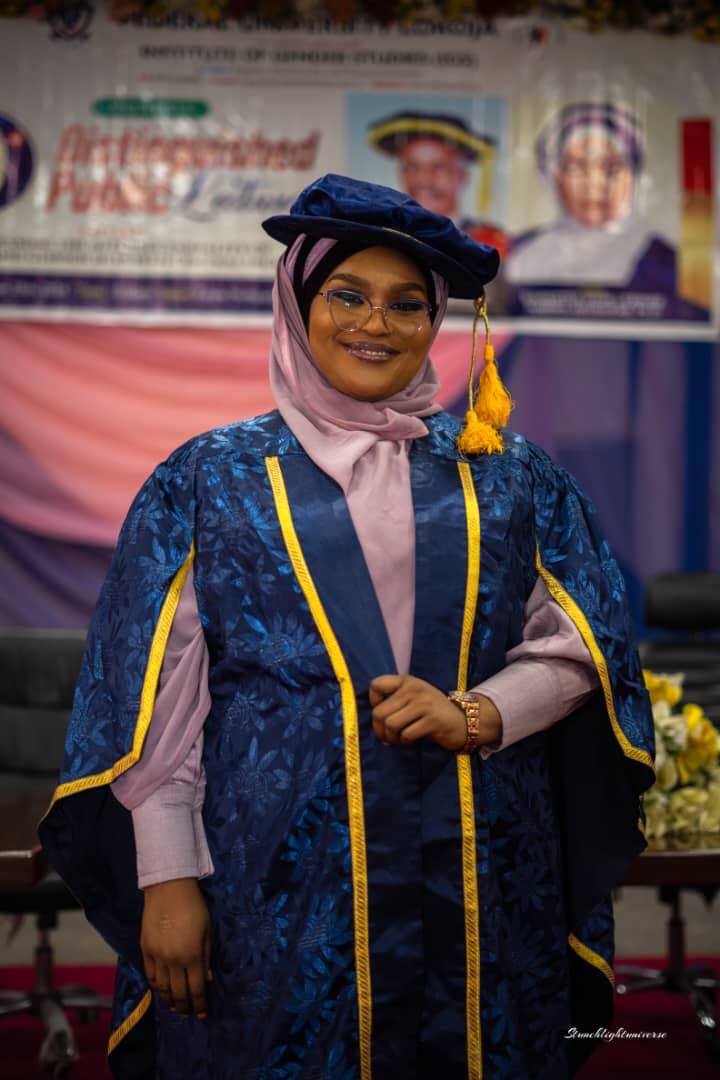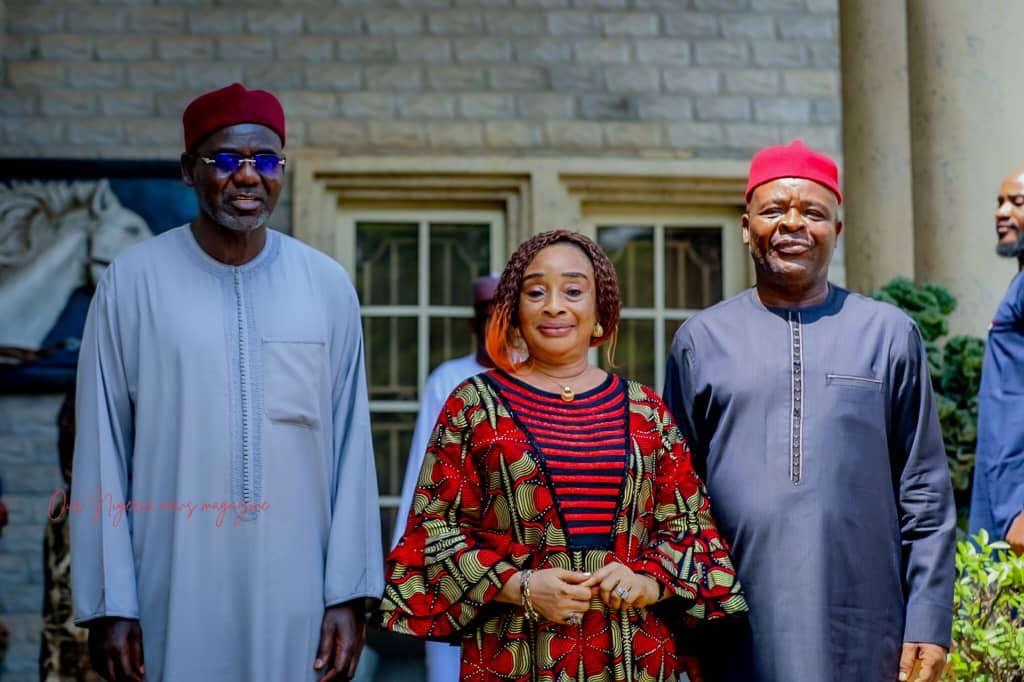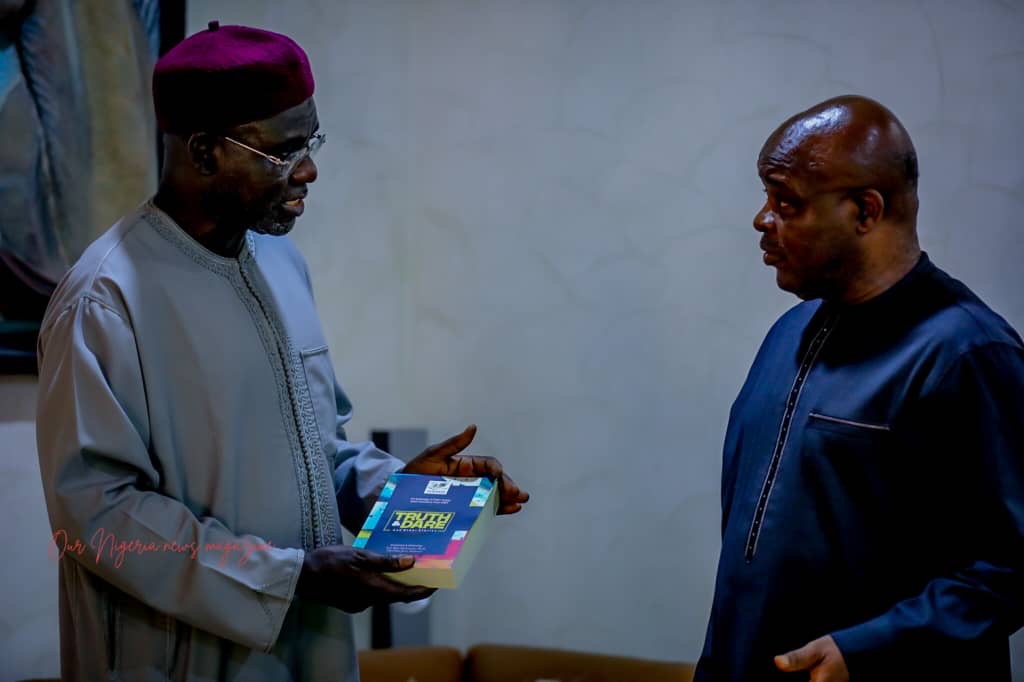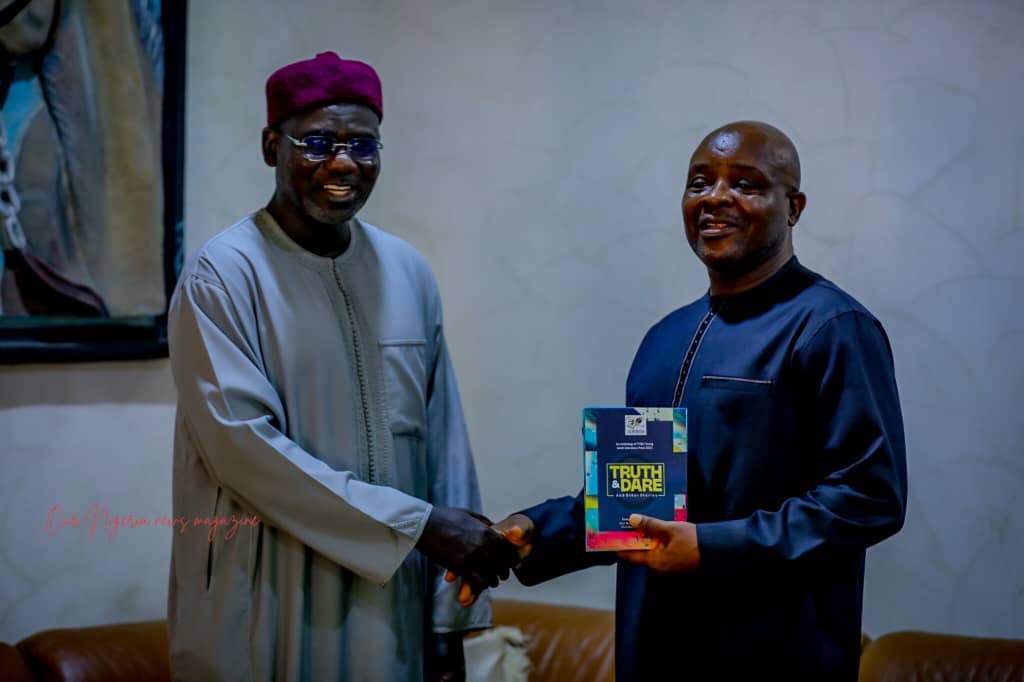news
Systemic gender inequality bane of poverty among women – Zainab Marwa
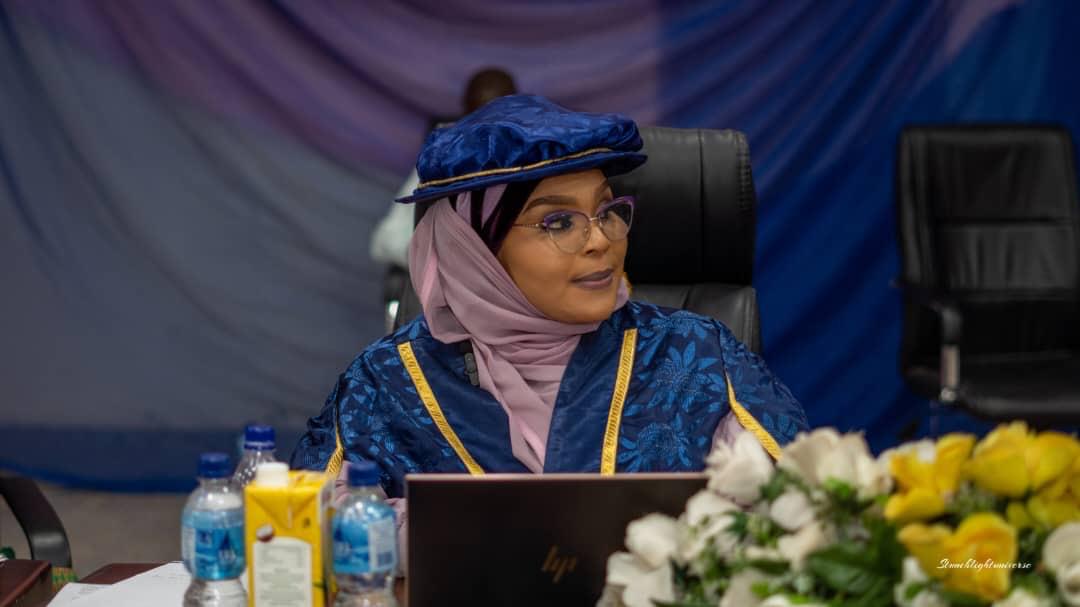
Systemic gender inequality bane of poverty among women – Zainab Marwa
Sahara Weekly Reports The founder of Aspire Women Forum, a non-governmental organization, Dr. Zainab Marwa, has described systemic gender inequality as one of the major causes of poverty among women in Nigeria, especially in the North Central part of the country.
Dr. Zainab, who stated this in her paper titled “The Intersectionality of Poverty and Gender in North Central Nigeria,” presented as the guest lecturer at the 9th Distinguished Public Lecture of the Federal University, Lokoja, Kogi state, regretted that despite several intervention programs, poverty persists among women.
“Imagine a land where resources are plentiful, yet the hands that toil hardest remain the most deprived. In the heart of North Central Nigeria, this paradox is the daily reality for millions of women. While the region is celebrated for its rich cultural heritage and abundant resources, its women are caught in the relentless grip of poverty working tirelessly but rarely reaping the rewards of their labour. These women don’t just face economic hardship; they endure a web of systemic inequalities that restrict their progress, dim their potential, and amplify their struggles”, she bemoaned.
“According to the National Bureau of Statistics (2020), 70% of Nigerians below the poverty line are women. North Central Nigeria has a 57.3% poverty rate among women, versus 45.5% among men. Women face education barriers, with a 59.3% literacy rate compared to 74.4% for men (UNDP, 2020). Only 21% of women engage in paid employment (ILO, 2020). These statistics represent restricted opportunities and lost potential”, she stated further.
While contextualizing the challenges that make it difficult for women to break the cycle of poverty, Dr. Zainab Marwa noted that “in predominantly Muslim areas, cultural noprioritizeioritise early marriage for girls, which can limit their educational opportunities. A woman from a rural community may face significant barriers to owning land because of traditional inheritance favoring male relatives.
“In urban settings, women from low-income backgrounds may struggle to access quality healthcare. Intersectionality encourages us to consider how gender, along with factors like ethnicity, marital status, and location, affects a woman’s experience of poverty. For example, a widowed woman in a rural area faces different challenges than a married woman in a city, impacting their access to resources and risk of violence.”
She said intersectionality is a strong reminder that gender and poverty do not exist in isolation but rather intersect in ways that amplify women’s vulnerabilities.
According to to this this intersection of challenges goes beyond the day-to-day struggles for survival. Women in North Central Nigeria experience the compounding effects of poverty in deeply gendered ways facing not only economic exclusion but also cultural marginalization that diminishes their voices and overlooks their contributions. Despite their efforts, women remain largely invisible in the economic and social fabric of their communities, perpetuating cycles of both poverty and disempowerment.
“Women in North Central Nigeria, particularly those from low-income backgrounds, confront simultaneous barriers to education, healthcare, and economic opportunities. Contextual factors, including cultural norms and patriarchal systems, perpetuate inequality. Addressing these issues necessitates a deep understanding of power dynamics, and recognizing the potential of women’s empowerment initiatives to effect change.”
To address these challenges, she said there must be a thorough act of actionable implementation andectivedprogramming programsfacefacetedprocreatingcreatingnglacreatingchangeis, she said, including economic empowerment, vocational training and skills programs, community-based social protection initiatives, improved access to healthcare, education, n, and programs, and deployment of technology as a powerful tool for expanding financial inclusion and access to essential services.
“By implementing these interconnected strategies, we can create a supportive ecosystem that empowers women, enabling them to break free from the cycle of poverty and build a brighter future for themselves and their communities”, she added.
news
Buratai Pays Tribute to Ihejirika at 70, Hails Mentorship and Legacy of Leadership
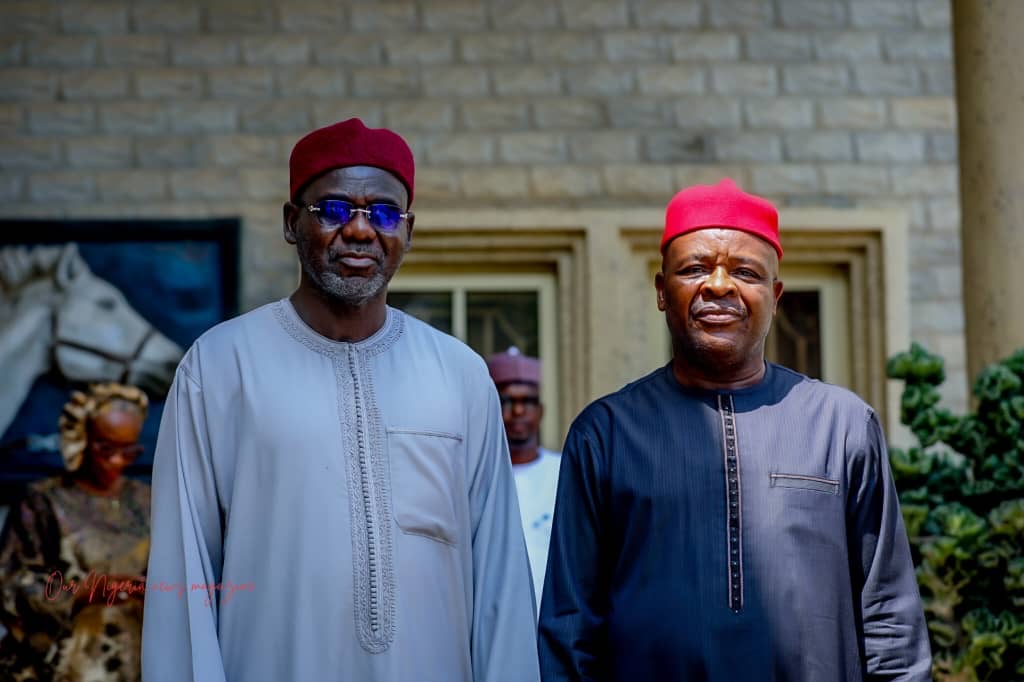
Buratai Pays Tribute to Ihejirika at 70, Hails Mentorship and Legacy of Leadership
Former Chief of Army Staff and Nigeria’s immediate past Ambassador to the Republic of Benin, Lt. Gen. (Rtd) Tukur Yusuf Buratai, has paid a glowing tribute to his predecessor, Lt. Gen. OA Ihejirika, as the retired General marks his 70th birthday.
In a heartfelt message released in Abuja on Friday, Buratai described Ihejirika as not only a distinguished soldier and statesman, but also a commander, mentor, and “architect of leadership” whose influence shaped a generation of senior military officers.
Buratai recalled that his professional rise within the Nigerian Army was significantly moulded under Ihejirika’s command, citing key appointments that defined his career trajectory.
According to him, the trust reposed in him through early command responsibilities, including his first command posting at Headquarters 2 Brigade and later as Commandant of the Nigerian Army School of Infantry, laid a solid foundation for his future leadership roles.
“These opportunities were not mere appointments; they were strategic investments in leadership,” Buratai noted, adding that such exposure prepared him for higher national responsibilities.
He further acknowledged that the mentorship and professional grounding he received under Ihejirika’s leadership were instrumental in his eventual appointment as Chief of Army Staff and later as Nigeria’s Ambassador to the Republic of Benin.
Buratai praised Ihejirika’s command philosophy, describing it as professional, pragmatic, and mission-driven. He said the former Army Chief led by example, combining firm strategic direction with a clear blueprint for excellence that continues to influence military leadership practices.
“At seventy, General Ihejirika has earned the right to reflect on a legacy secured,” Buratai stated, praying for good health, peace, and enduring joy for the retired General as he enters a new decade.
He concluded by expressing profound gratitude for the leadership, mentorship, and lasting example provided by Ihejirika over the years.
The tribute was signed by Lt. Gen. Tukur Yusuf Buratai, who described himself as a grateful mentee and successor, underscoring the enduring bonds of mentorship within the Nigerian Army’s top leadership.
news
Sagamu Plantation Row: Igimisoje-Anoko Family Challenges LG Claim
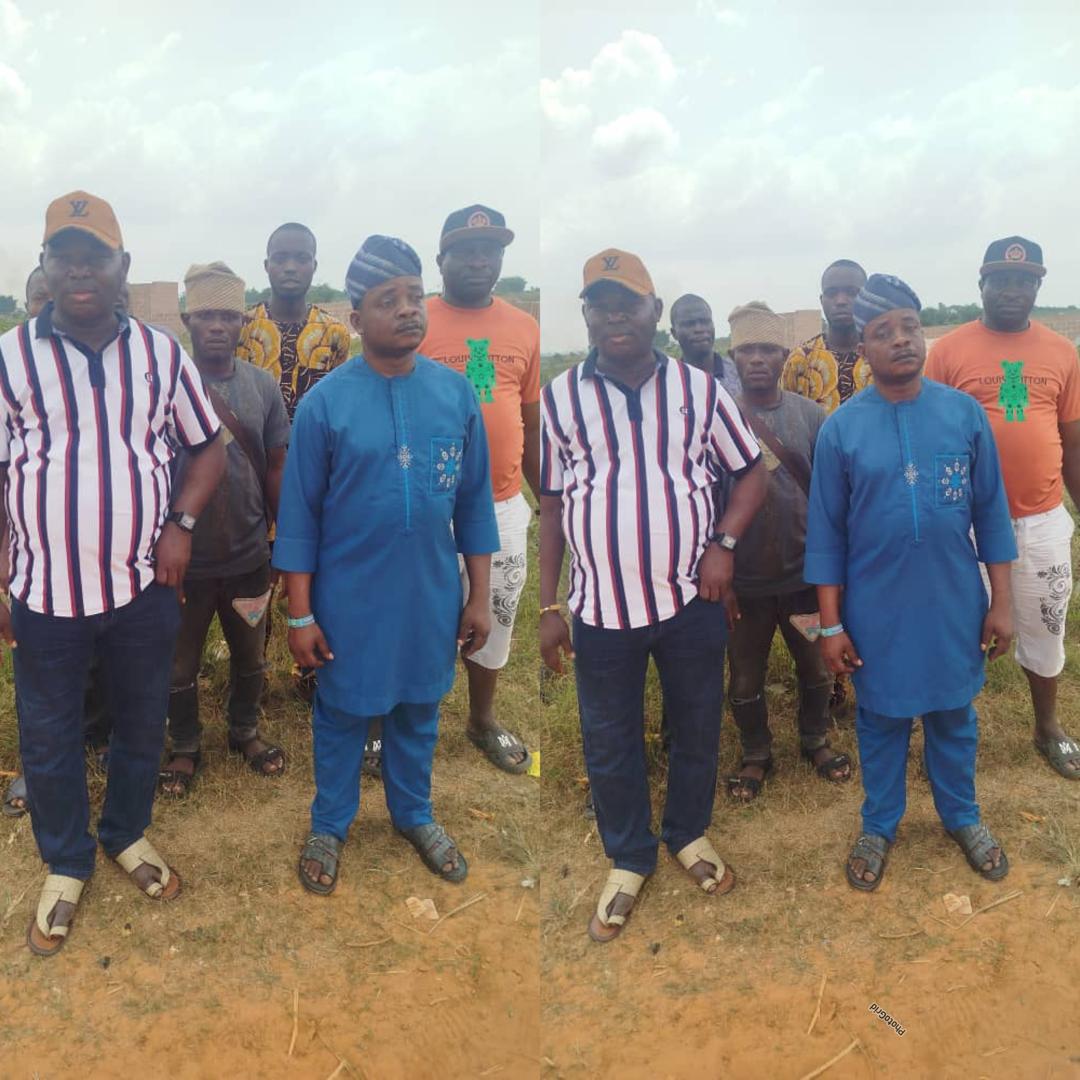
news
Sagamu Communities Exonerate Sir Kay Oluwo, Accuse Teriba of Land Invasions, Violence
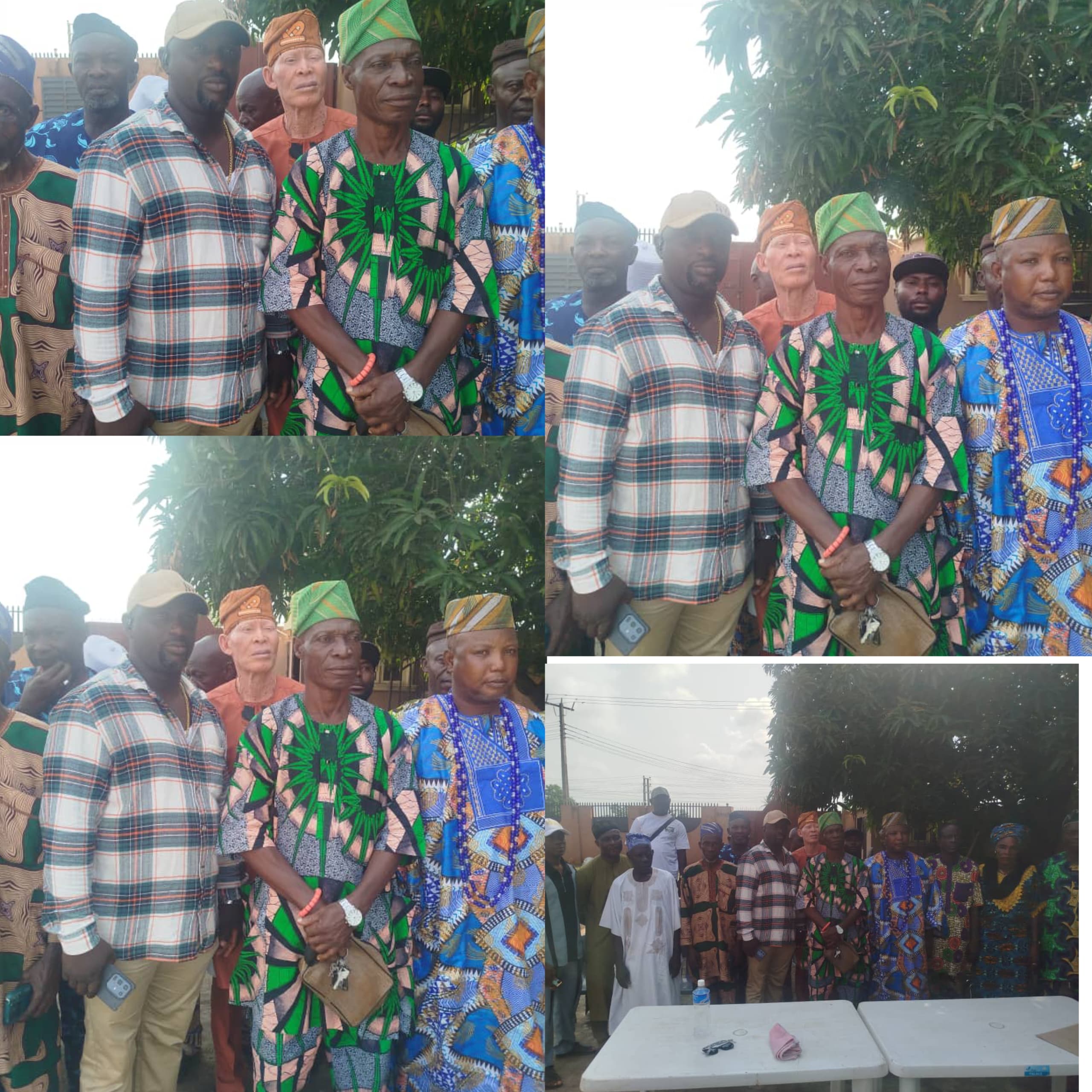
-

 celebrity radar - gossips6 months ago
celebrity radar - gossips6 months agoWhy Babangida’s Hilltop Home Became Nigeria’s Political “Mecca”
-

 society6 months ago
society6 months agoPower is a Loan, Not a Possession: The Sacred Duty of Planting People
-

 news6 months ago
news6 months agoTHE APPOINTMENT OF WASIU AYINDE BY THE FEDERAL GOVERNMENT AS AN AMBASSADOR SOUNDS EMBARRASSING
-

 Business6 months ago
Business6 months agoBatsumi Travel CEO Lisa Sebogodi Wins Prestigious Africa Travel 100 Women Award

